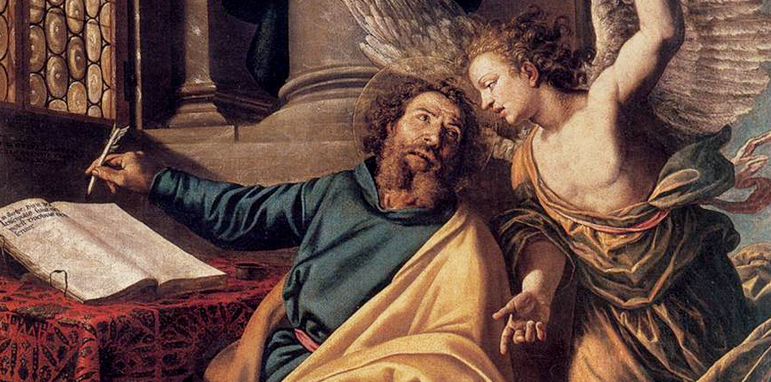حسام الدین شفیعیان
وبلاگ رسمی و شخصی حسام الدین شفیعیانحسام الدین شفیعیان
وبلاگ رسمی و شخصی حسام الدین شفیعیانMatthew the Apostle
Matthew was also called Levi, for the Jews sometimes had two names. And after he began to follow Jesus he remembered his friends of other days. He believed they, too, would be glad to see Jesus and to hear his words. So Matthew prepared a great feast or banquet and called many of his publican friends to the feast. He invited other people too, whom the proud Jews despised and called sinners, and then he brought Jesus and the other disciples to the feast.
The scribes and Pharisees also came to Matthew’s house that day, though they had not been invited to the feast. They stood about in the courtyard or even in the large dining-hall, looking on and talking to each other about what they saw. This was not so rude as it seems, for this was a custom among those people and Matthew was not at all surprised when they came.
These onlookers began to find fault when they saw Jesus sitting among the publicans and sinners. They felt themselves too good to keep company with despised folk, and they were surprised that Jesus should eat with Matthew and his friends. So they called Jesus’ disciples aside and asked, “How is it that you Master east and drinks with publicans and sinners?”
Jesus heard the questioning of these fault-finders, and he said to them, “It is not well people who need to call for the services of a doctor, but people who are sick. And so I have not come to call righteous people, but I have come to call sinners to repent.”
He knew the scribes and Pharisees believed themselves to be too righteous to need repentance, but he knew the publicans and sinners realized that they were not pleasing God. And they would listen to Jesus’ words, and humble their hearts. Many of them would gladly forsake their sins and follow Jesus to learn of him.
Matthew, the publican, became a very useful man for God. It was he who wrote the book called the “Gospel According to Matthew,



























